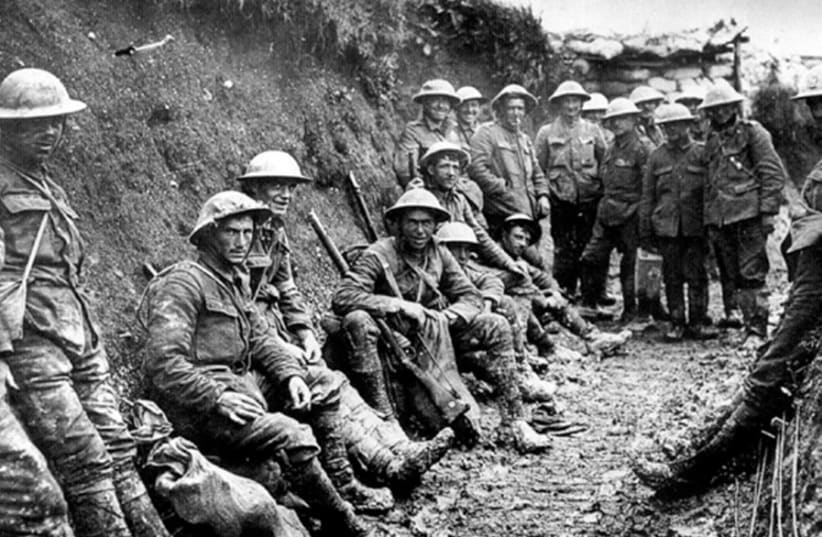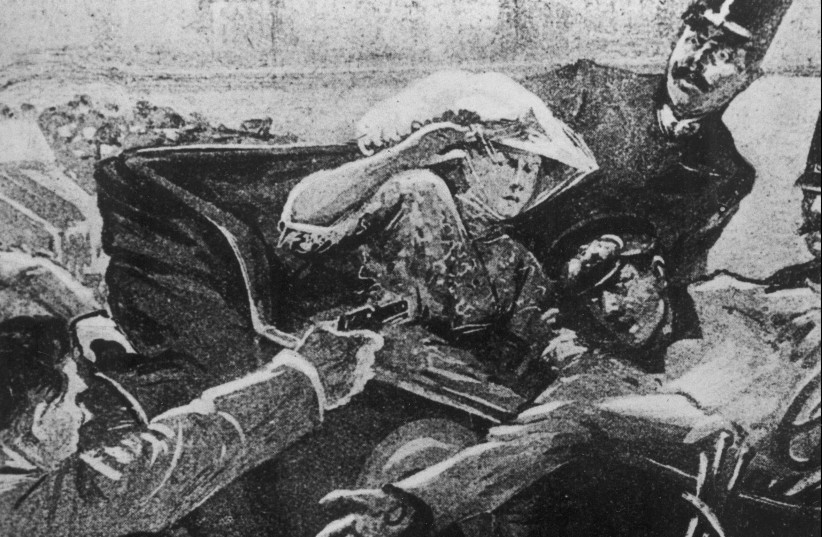At 11 a.m. on November 11, 1918, World War I ended. Known then only as the Great War or the War to End All Wars, it had been the biggest war the world had ever seen, and people believed there would never be another like it.
The armistice agreement was signed by Germany at 5 a.m. that morning in a railway car at Rethondes, having lost most of their manpower and supplies and facing invasion.
World War I ended with nine million soldiers dead, 21 million wounded and at least five million civilians dying of disease, starvation, or exposure caused by the war.
The war is widely believed to have been sparked on June 28, 1914, with the assassination of Austro-Hungarian Archduke Franz Ferdinand by Bosnian Serb Gavrilo Princip. Austro-Hungary blamed Serbia for the assassination and wanted to declare war immediately, but because Serbia had Russia on their side, the Austro-Hungarian declaration of war was held off until they were assured that Germany would support them.
The declaration of war came exactly a month after the assassination on July 28, causing the great powers of Europe to take sides, destroying the peace on the continent.
France sided with Russia, which led to France and Germany declaring war on each other. When Germany invaded Belgium, its ally Great Britain declared war on Germany.
In all, Germany, Austro-Hungary, Bulgaria and the Ottoman Empire fought against the Allied Powers of Great Britain, France, Italy, Romania, Japan and the US.
What was then believed would be a quick war turned into a horrific and prolonged war that would last for almost four years, with over a million soldiers dying by the end of 1914.
Although many battles were fought across Europe over the next few years with no clear victor prevailing, two things tipped the scale toward ending the war.
The first event was in 1917 when the Russian Revolution broke out across Russia and the Bolsheviks seized power. As soon as they won, the Bolsheviks set to negotiate peace with Germany in an attempt to end the war.
The second event that brought the end of the war was in 1918 when the Americans joined the war and sided with the Allies. The extra power brought by the Americans overwhelmed Germany, forcing it to sign the armistice on November 11.
One result of the war was a vast number of unidentified fallen soldiers. In order to honor those whose fates were unknown or identities had not been recognized, one of the unidentified soldiers was buried in Westminster Abbey in England on November 11, 1920. On the same day, France buried one of their own unknown soldiers in the Arc de Triomphe.
One year later, in 1921, the US did the same. On November 11, an unknown soldier was carried in a procession through Washington and buried in Arlington National Cemetery.
The graves of the unknown soldiers act as a collective memorial for a terrible war that took too many lives and for those who could not be identified for their families.

